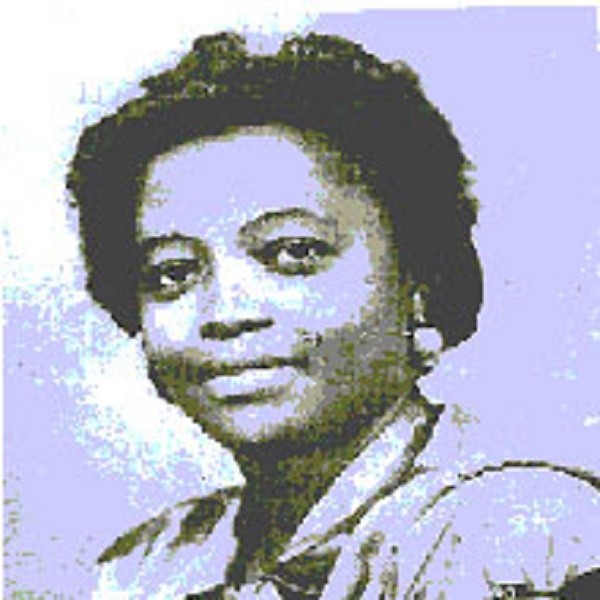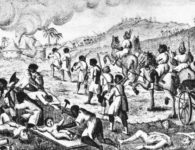Constance Cummings-John was politician, teacher, and activist for African women’s rights. She became the first African woman to become mayor of a major African city, Freetown, Sierra Leone.
Cummings-John was born in the British colony of Freetown, Sierra Leone. She was born a member into the Krio Horton family. The family was members of descendants of freed slaves who had settled in the area by the 18th century.
She attended the local missionary schools and became a member of the social elite clubs. After completing her school, she was sent to London to study to become a teacher. She graduated from the training course and arrived in the United States in 1930 for vocational studies. However, because of the racism, she experienced throughout the United States, she went back to London in 1936 where she got involved with the International African Service Bureau.
Although she was offered a job as an inspector of schools by the colonial government, she chose to accept a position as principalship of African Methodist Episcopal Girls’ Industrial School.
In 1951, Cummings-John returned to Freetown where she opened the Eleanor Roosevelt Preparatory School for Girls. By 1953, the school had over 600 students. One of Cummings-John’s most notable achievements was the establishment of the Sierra Leone Women’s Movement (SLWM).
At the 1957 election, she was elected to the house of representatives, however, she was accused of malpractice, and taken to court in which she was given a prison sentence which she repealed. She resigned her seat rather than face further humiliations.
While with the SLPP she associated herself with what became a losing faction and was defeated in the 1962 post-independence election by a rival SLPP candidate. She abandoned national politics – and was rewarded in 1966 with Freetown’s mayoralty.
source:https://www.theguardian.com/news/2000/mar/02/guardianobituaries3




















No comments